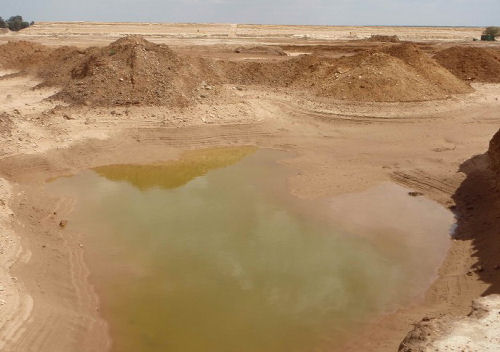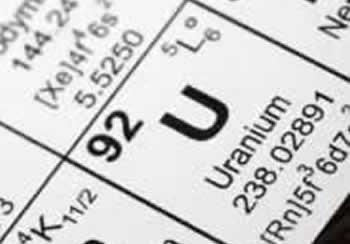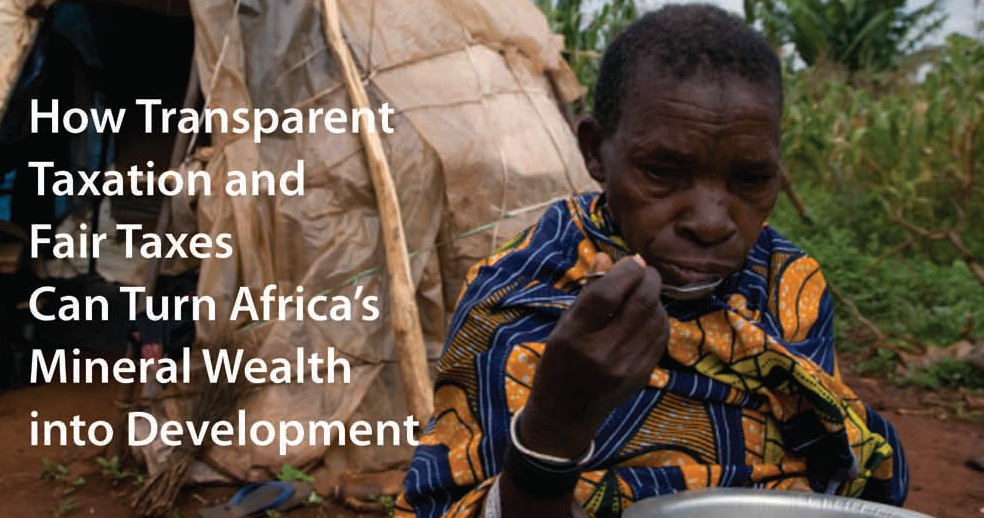By Shaaban K. Fundi
Tanzania will soon be joining African countries like Namibia, Niger, and Malawi as uranium exporters if proposed uranium mining projects are approved by the government. Short term benefits of uranium mining include job opportunities for thousands of Tanzanians and tax income for the Tanzanian government. These benefits cannot be ignored. However, the long term health and environmental consequences associated with uranium and all other mining activities also need to be seriously evaluated.
One important environmental consequence of uranium mining is that the process uses enormous amounts of water. A recent estimate by a mining company in Namibia, Canadian Forsys Metal Company, suggested that its mining operation utilizes 1 million liters of water per day. One of the proposed areas for Uranium mining in Tanzania is in Manyoni District in Singida region. Water is already a scarce commodity in this region and it would be very unwise to let one company consume so much water at the expense of current inhabitants.

In addition to using enormous amount of water, uranium mining relies on open pit operations which leave huge craters once mining activities have ceased. The soils in the remaining craters are usually contaminated with radioactive materials and therefore the soil become useless for many years in the future. Furthermore, radioactive dust particles can travel by wind to larger areas and affect the health of communities surrounding the mining areas. It has been documented that exposure to even relatively low levels of radiation over a long period of time can be extremely harmful to the health of workers and communities living around uranium mines. What plans are currently in place to ensure that the workers and people already living in these areas are protected and will be taken care of if this radioactive contamination should occur?

Current estimates suggest that Tanzania has about 53.9 million pounds of uranium oxide deposits and at the current price of $41 per pound, these deposits are worth an estimated $2.2 billion. Despite the estimated large sum of dollars, Tanzania has no control over uranium pricing variability on the world market. Demand and supply does. Yet very few countries can actually use uranium for energy generation and bomb creation due to its high cost of operation, need for skilled personnel, and international restrictions on development of nuclear programs. If global demand for uranium were to decrease, the estimated value of these deposits would also decrease. Thus, it is unclear how much revenue uranium mining would really bring to Tanzania.
Furthermore, the Tanzania Mining Act of 1998 gives a disproportionate amount of revenue benefits to mining companies. This has meant that the average Tanzanian citizen has seen limited benefit from current mining projects while the vast majority of profits go to mining companies based in other countries. Take gold, for example. Tanzania is the third largest producer of gold in sub-Saharan Africa behind Ghana and South Africa. Yet Tanzanians have failed to benefit from the gold mining ventures in the country. What assurances do Tanzanians have that it will be different for the proposed uranium mining ventures? Given the serious environmental and health impact associated with uranium mining, Tanzania needs a Mining Act that will address the health and environmental concern of its citizens and that will ensure local communities also profit from mining activities.

Without a comprehensive legislative framework to deal with all the implications of uranium mining, Tanzania opens itself up to abuse by companies who pursue an agenda of short term profits and pay very little attention to the long term health and environmental consequences for the host country and its citizens. Tanzania needs to develop a legislative framework and monitoring program to ensure these companies will protect the welfare of their workers and the environment before allowing mining to start. These tasks require a high level of technical competence and strong political will.
The decision whether or not to proceed with uranium mining in Tanzania should be discussed thoroughly with all stakeholders including the mining companies, the government and the local people residing in the proposed mining areas and in the transit routes. The locals should be told about the potential benefits and consequence of the proposed mining including the increased risk for developing cancer associated with living or working in uranium mining areas. Who will be responsible for their health once they start to develop cancer related illnesses? The water issues also need to be looked at carefully. How can the community and the uranium mines share the water resources so that there is enough water for everyone? How can the community share in the revenue generated by the uranium mines? And finally, who will be responsible to re-mediate the contaminated soils in the crater that will remain after mining operation ceases? These issues need to be decided before the Tanzanian government approves uranium mining in the country.
Its your country, vote like you really own it.
Shaaban can be reached at sfundi1 (at) jhu (dot) edu


Thank you Shaaban for this article. This is a very serious issue indeed, and should be looked at – as you say – but the companies, government, and communities involved.
How do you think the youth can take advantage of this legislative loophole and create goods and services that attract more attention to the dangers you highlight?
Yes the Tanzanian Government need to reconsider carefully on this movement,there will be alot of benefit and consequences as well. However they should always be weighed out so that the preferable one can be taken into action.
Nothing under the sun can yield 100% benefit, there will always be a lot of bottlenecks. What citizens would like to hear from their Government is the commitment to make them benefit and being proud of their country’s wealth not the way the govt. does now. When you look all regions with mining the citizens are dying with poverty without access to hospitals, school and other social necessities.
From my point of view, I would like to see the parliament coming up with strict rule forcing the mining holders and their stake holders to inject their tax direct to social and economic development which will be tangible and appreciated by the citizens.
I believe currently Tanzania is the fourth gold producer affter SA, Ghana and Mali.
Kuna watu wanaiongelea hii “Tanzania Mining Act 2010” hapa
http://www.clydeco.com/knowledge/articles/tanzanian-mining-act-2010.cfm . I am not sure if it is already Gazetted and in effect.
The concern is, there is a danger in too much regulation which will end up stifling investment. On the other hand, some dismiss these concerns as mere politicking on the side of investors and even at the 2010 Act’s regulations and royalties levels, investors will still have a good deal.
My compass is solidly based on increased trickling down of services and benefits. If given the choice of vexing a few investors within reason while increasing benefits to the people and ensuring environmental sustainability or it’s opposite, I would choose the former. Of course what is reasonable and proportionately acceptable is always debatable, and investors are always bent on profit maximization, even with the current craze for an environmentally responsible image. This should give the government more reason to defer to erring on the side of caution as the custodian of our natural resources, and never cave in to investors.
One thing that I do not like about the Act, is the provision for arbitrary exemptions by the Minister. This has been a loophole for corruption with no restricting fast rules. Examples span at least from Malima, Mbilinyi, Simba and others. I understand the need to have flexibility, but what are the guidelines guiding the Minister? Are there any ? A chain is as strong as it’s weakest link, and we may just run the risk of creating a rather restrictive Act, only to be loopholed by this arbitrary provision. And with hardly a watchdog barking, who is to say the Minister and his ilk won’t be tempted ?
Tanzania people should not only looking for beneft but also the impact.uranium have many effect on human,environment,water and air so the gorvenment should proved education to local communty twogether with non gorvmental organization.Tanzania we are suffering from many problem eg poverty food insecurty and declaing of our local indastry if gold is not solusion and also uranium not is batter to live uranium industry bacause will encrease many problem due water, air,vegatation and land is usefulless.
we need to change the government of Tanzania. Too many thieves are running that place. They have sacrificed the nation for their own greed. Lets take them out.